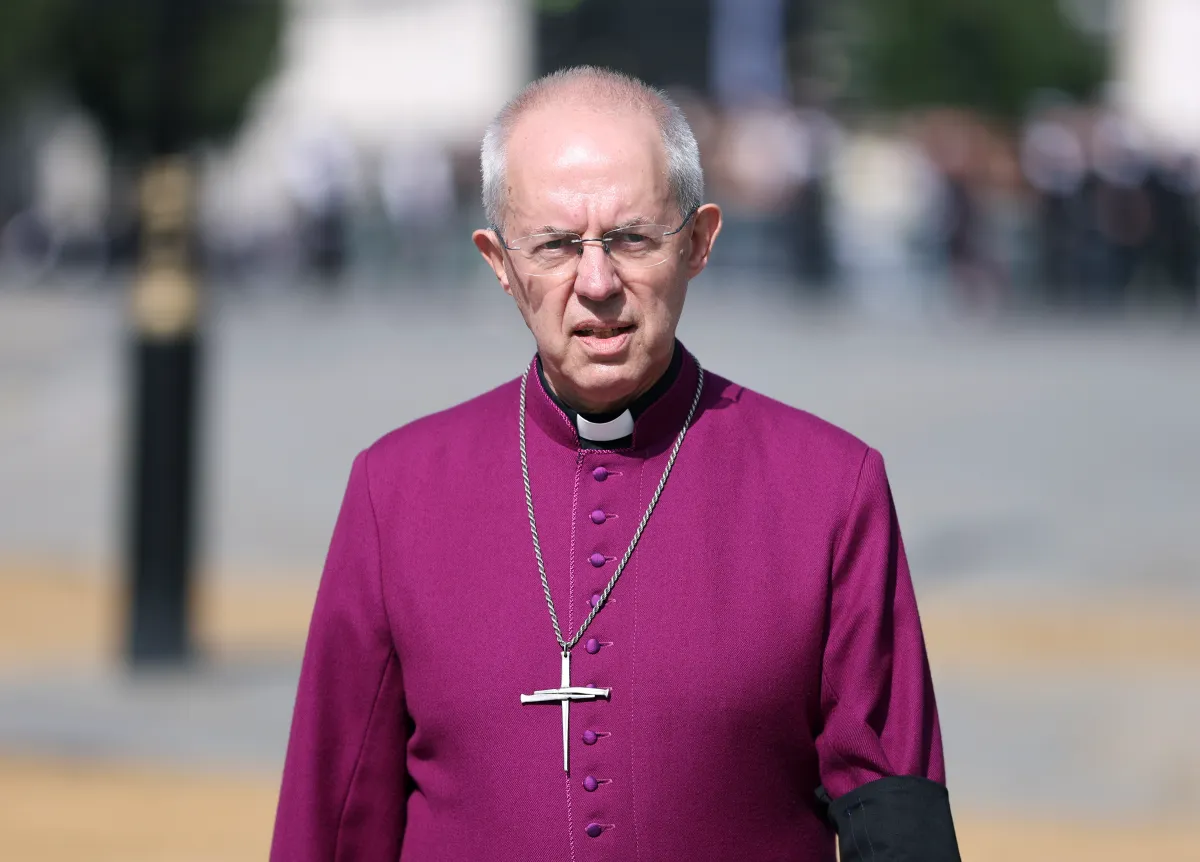The Archbishop of Canterbury has announced he is quitting following mounting scandals on allegations of abuse within the church. The move comes as public scrutiny over the handling of abuse cases in the Church of England deepens and raises questions about leadership and accountability.’
Details of Resignation
He is a worldwide known figure in the Anglican Church and said his resignation was demanded to heal the church. Although not proven as an abuser himself, his decision also reflects a growing consensus that accountability at all levels of church leadership is warranted. The resignation signifies the seriousness that religious bodies face in handling historical and contemporary abuses, mainly where the head leadership is supposed to be aware of the misconduct perpetrated by the wrongdoer but fails to intervene in due time.
Background of the Scandal
The scandal was traced back to allegations of abuse over several decades in which the victims accused the church of failing to protect vulnerable members. There have been frequent cases of such happenings that, according to recent reports, either the authorities in the church overlook or inadequately address the concerns raised, especially regarding abuse cases in church-related institutions. The case has attracted a lot of public outrage, with the Church of England promising investigations and reforms in its operations to ensure improved mechanisms for safeguarding its members.
Many members of the church feel hurt and disappointed. “This is a sad but necessary move, declared one clergy member. The Archbishop’s resignation has opened up a fresh public debate about how institutions like the Church of England may be rebuilt to seek confidence and permanently implement reform on safeguarding.
Many parishioners have also demanded more open procedures for such incidents and more satisfactory support mechanisms for the victims and the whistleblowers among the members.
Conclusion
The impending resignation of the Archbishop presents a prime moment at which the Church of England needs to address its problem of abuse and rebuild trust with its congregation. Resignations like this remind church leadership never to stray from striving to make their institution safe, respectful, and welcoming for all of its members. The next Archbishop and other leaders will be scrutinized as they seek to put the institution on a path toward significant institutional change and renewed faith in its commitment to accountability and transparency.















